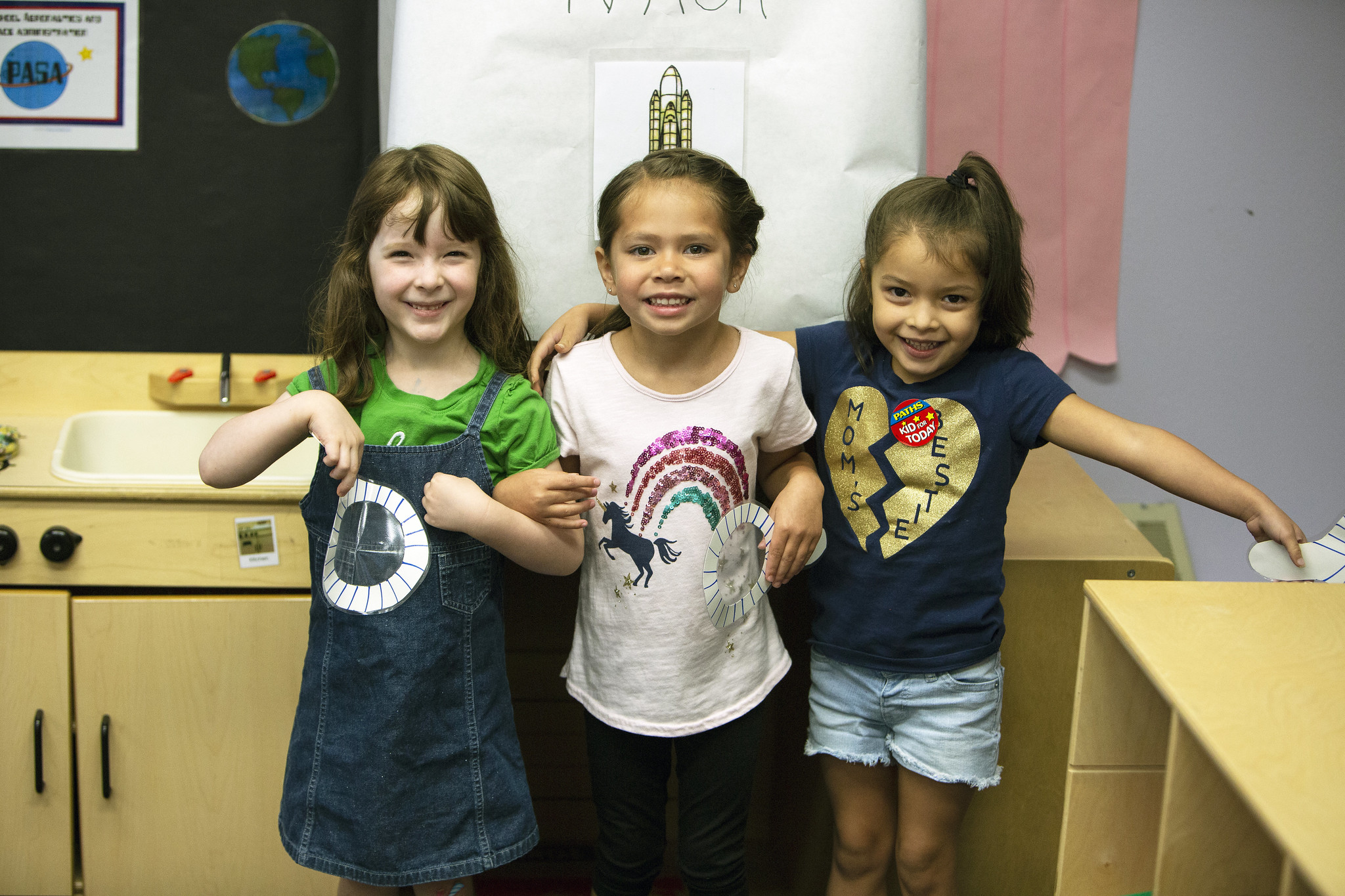Spark! Discovery Preschool and St. Vrain Valley Schools prioritize student well-being and support. To this end, we offer many different counseling support services to connect students and families with the information and resources they need to be successful. If you or your student need counseling please contact Amanda Dawson, our School Counselor via email at [email protected] or by calling our main office at 720-652-7906, and Amanda’s extension is 22626. Alternatively, you can complete this form and Amanda will get in touch with you.
Meet our counselor:
Amanda Dawson is the school counselor at Spark! Discovery Preschool. She earned her Master of Science degree in Marriage and Family Therapy from Northern Illinois University in 2010 and worked as a therapist outside of the schools until 2020. In 2020, she transitioned to being a school counselor. Amanda believes that all children can learn and thrive, and she is passionate about helping children and their families meet their potential.

What school counseling services are available at Spark! Discovery Preschool?
School counselors provide support to all students through classroom instruction on a variety of topics that support students academic, attendance, and behavioral success. Our school counselor provides
- Classroom lessons on topics to help our students learn to manage their emotions and build strong relationships with others.
- Small group counseling on topics, such as emotional regulation and friendships. Small groups typically meet one time per week for 4-8 weeks.
- Short-term individual counseling focused on helping students to meet goals in the school setting
- Collaboration and consultation with parents/guardians, teachers, or professionals working outside of the school
- Referrals for services outside of the school setting.
Reinforcing Learning from School at Home
Spark! Discovery Preschool uses two curriculums to support all students strengthening their emotional regulation skills. The Zones of Regulation teaches students to categorize their emotions into one of four different zones (Blue, Green, Yellow, and Red) and encourages students to manage their zones so they can show self-regulation, even when experiencing strong emotions. More information on the Zones of Regulation can be found here. The PATHS curriculum teaches students to build self-awareness and emotional regulation skills to regulate their emotions.
Using Visuals to Help Children Succeed
Visuals are a powerful learning tool for preschoolers. At this early stage, children are developing their language, thinking, and understanding skills. Pictures, colorful charts, and simple diagrams help make new concepts clear and engaging. Visuals can be used to help young children to build routines and also to help with emotional regulation skills. Here are a few examples and feel free to create your own with your child.
Morning Routine Visual Checklist
Using Stories to Help Children Gain Skills
Stories are helpful tools for teaching preschoolers to regulate their emotions and behavior. Through relatable characters and situations, stories help young children recognize and understand their own feelings. They provide examples of positive ways to cope with emotions like anger, sadness, or frustration. Additionally, stories model social skills such as sharing, patience, and empathy, guiding children toward appropriate behavior. By engaging preschoolers’ imaginations, stories make learning emotional regulation enjoyable and memorable, supporting their social and emotional development. Stories can either directly teach about emotions and skills, such as In My Heart, Cool Down and Work Through Anger, When I Feel Jealous, or I Have Ants in My Pants, or they can indirectly teach a lesson through a moral teaching, such as The Boy Who Cried Wolf, or Franklin Helps Out where Franklin learns that while being helpful is a good quality sometimes people want to do things for themselves. If you are needing help finding a book to read to your child, please contact the school counselor, and she can help you find a book.
Using Play to Help Children Learn and Master Skills
Play is the language of children and helps children to learn numerous skills. There are many ways to engage children in learning and mastering social and coping skills through play, such as playfully acting out a scenario with stuffed animals or talking in silly voices to get children laughing while they are doing a less-preferred task, like as getting dressed. If you are looking for more resources on using a playful approach with young children in your life, the books Playful Parenting and How to Talk so Little Kids Will Listen can help you get more comfortable being playful, according to Ms. Amanda.



